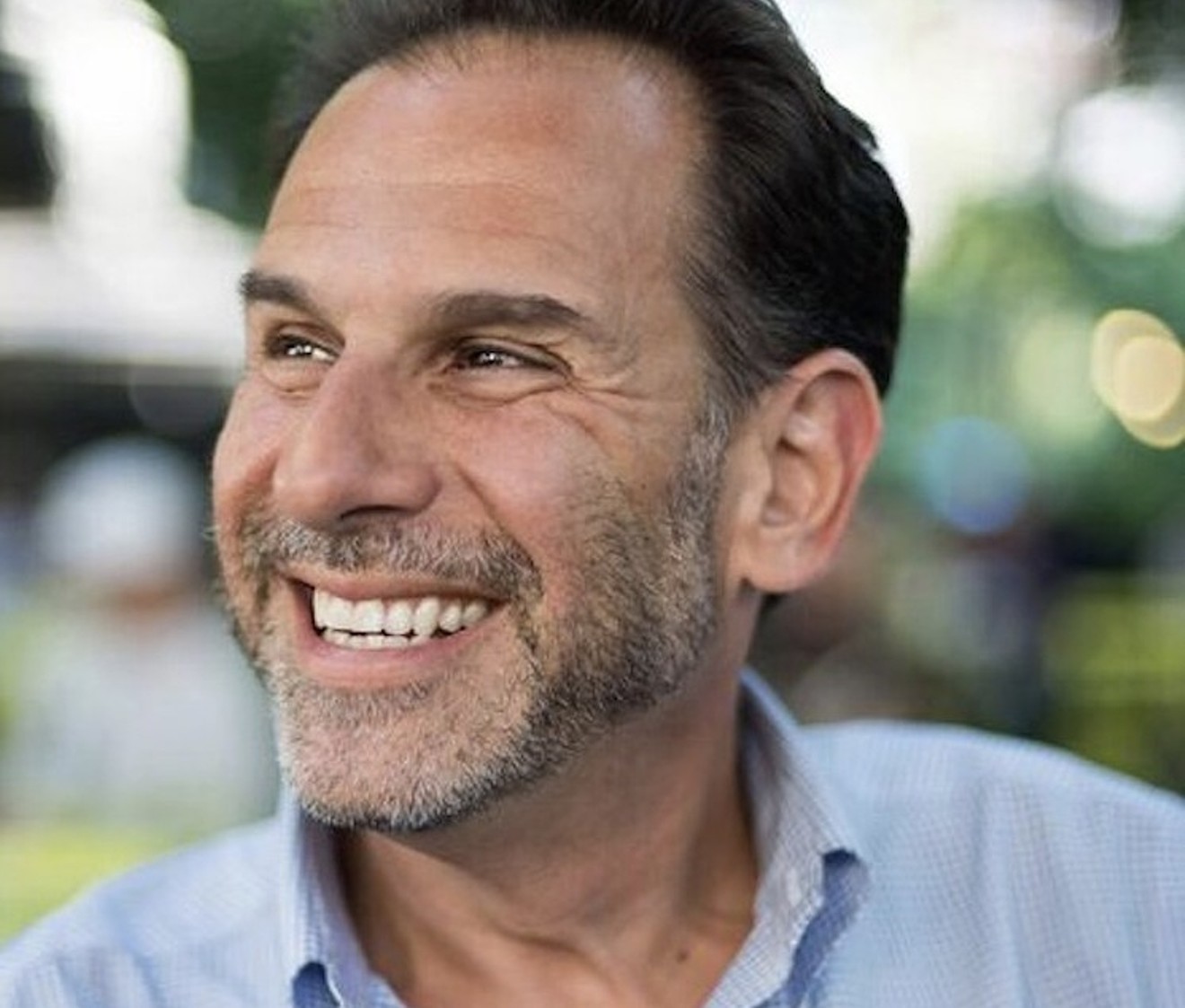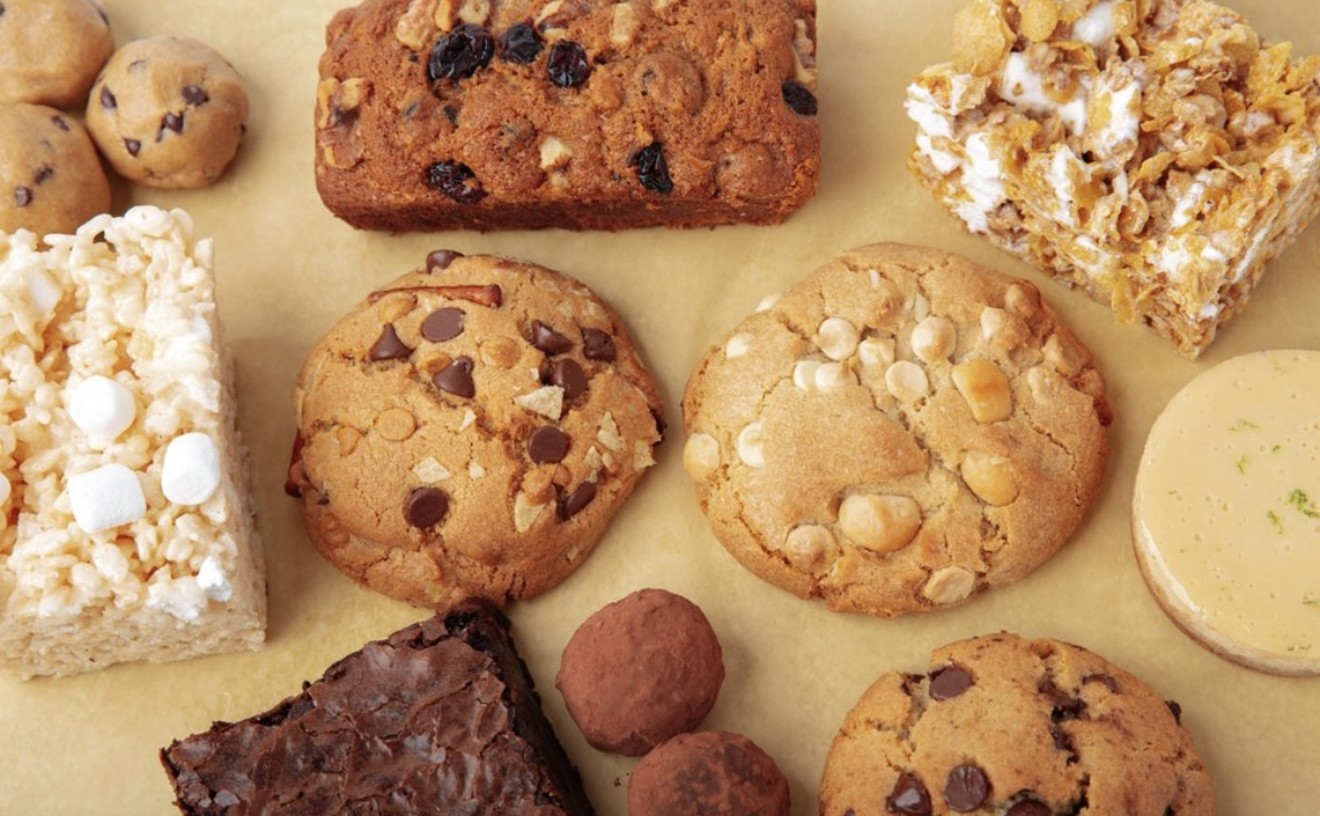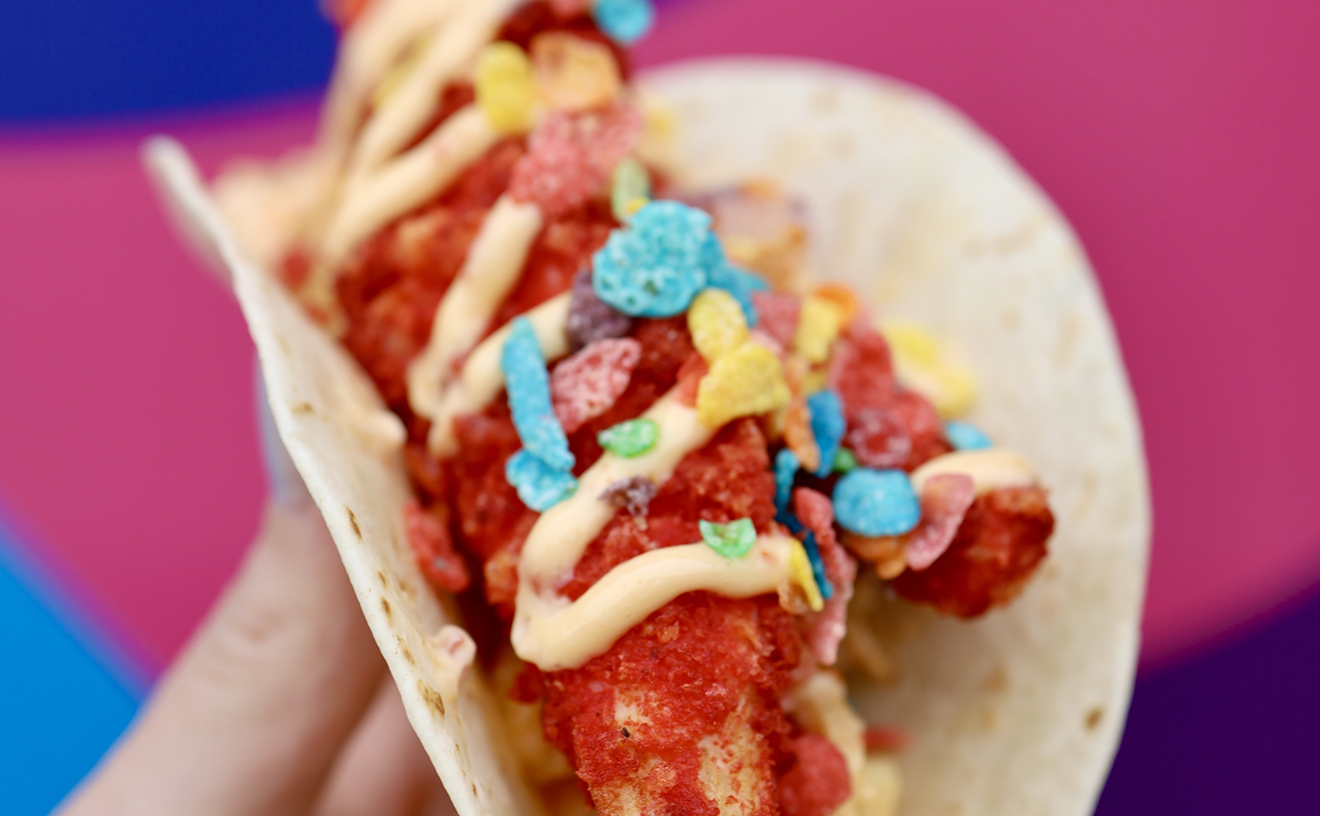This and other top chefs' revelations are the main courses of Andrew Friedman's new book, Chefs, Drugs and Rock & Roll: How Food Lovers, Free Spirits, Misfits and Wanderers Created a New American Profession, which he will be discussing during the Miami Book Fair this Sunday, November 18. The book takes readers behind the swinging doors of professional kitchens in the '70s and '80s to reveal how chefs across the country revolutionized their restaurants and approach to food.
"What happened to restaurants then is absolutely reflective of the era of free love, of Watergate, and the Vietnam war," says Friedman. "American society was transformed by people who wanted to be different from their parents, and what was served in restaurants changed along with it. There are periods of our history where food was done for attention-getting, had a shocking value, but was not that good. But in the '70s food wasn't show-offy, and ingredients co-existing in the menu was groundbreaking. And what happened to chefs and their profession at that time was also profound."
A full-time writer for the past 20 years, Friedman has collaborated on more than two dozen cookbooks and is the coauthor of the New York Times best-selling memoir Breaking Back with tennis star James Blake. He also has a blog, Toqueland, and a podcast, Andrew Talks to Chefs. For the five years he put into Chefs, Drugs and Rock & Roll, he traveled to California a dozen times, and visited Miami, Boston, and Chicago to interview the likes of Norman Van Aken, Charlie Trotter, Alice Waters, and Nancy Silverton, as well as nonhousehold names like chefs Barry Wine and Bruce Marder.
He also spent time with food writers like Ruth Reichl, to learn from their perspective, since he describes
himself as a
Still, the Coral Gables native, who now lives in New York, has a strong take on the local food scene. "I feel like Miami has a unique identity from a food standpoint," he notes. "What I love about it is that it has a definite character; it hasn't become homogenized because there's still at least a little of that Latin American component in a lot of the food."
His book's last chapter, Friedman explained, is largely centered around the development of the Blue Ribbon restaurant in New York City, juxtaposed with the evolution of Food Network and "how it changed everything in good and bad ways, enabling chefs to become celebrities and make more money than they could ever do," he says.
Where does he see the culinary profession going? "The industry is tamer than it used to be because society, in general, has calmed down. Chefs no longer have to be rebels. Some of them are downright brainiacs, have completed college, and are sophisticated people who can write their own books and are involved in civic and public affairs. It's whole new world now with the #MeToo movement and the cliche of the screaming chef that would throw a spoon at you now being frowned upon."
The downside to the evolution, he says, is that "it's not as interesting to talk about. It's not high drama like the way it used to be."
Andrew Friedman. 3 p.m. Sunday, November 18, at Miami Book Fair, Wolfson Campus, Room 8203 (Building 8, Second Floor), 300 NE Second Ave., Miami. Free with Book Fair admission.











